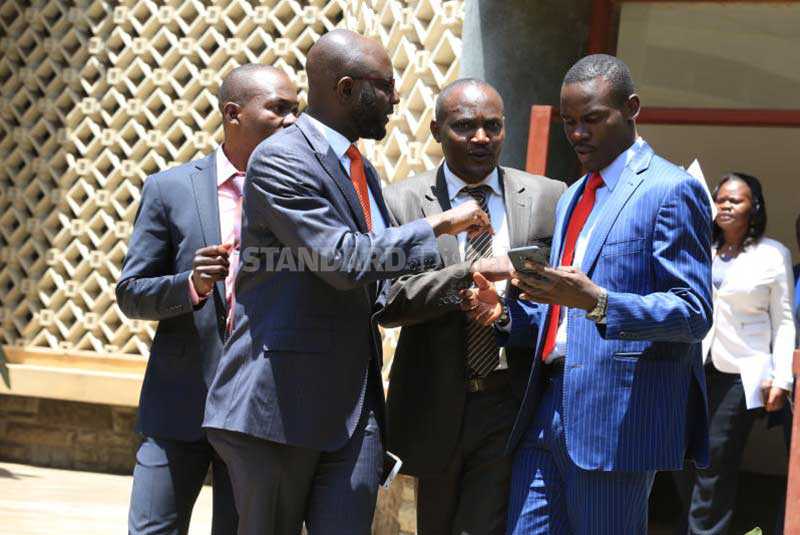×
The Standard e-Paper
Home To Bold Columnists

The High Court has faulted Parliament for amending election laws in 2016 without following standing orders and the Constitution.
In a decision that put a dent in how the 2017 elections were conducted, High Court judge George Odunga yesterday said two joint parliamentary meetings called by the speakers of the Senate and National Assembly to discuss changes to the election law were illegal.